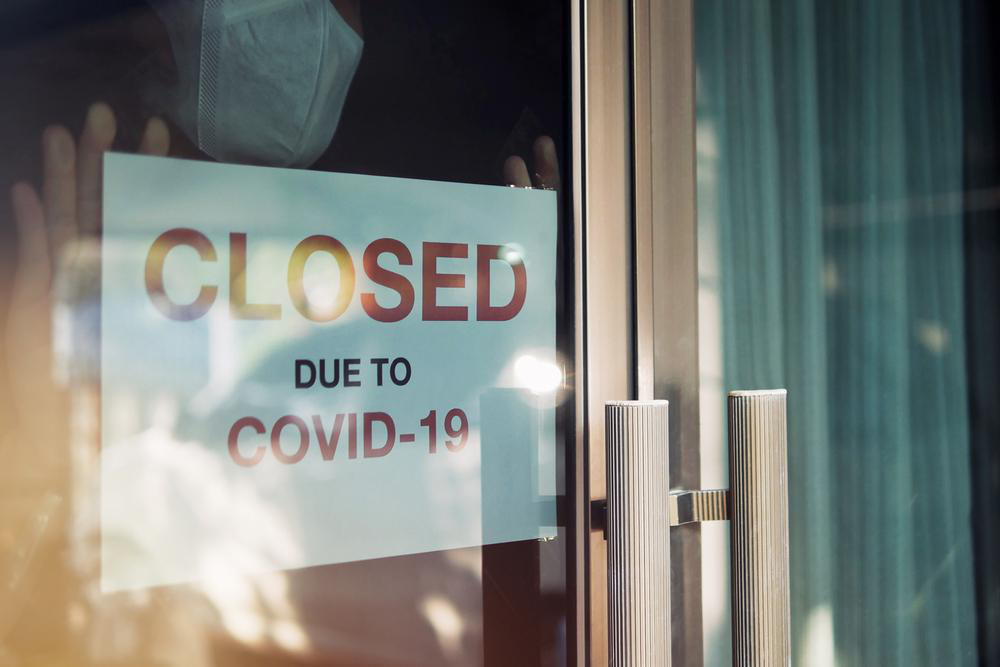
Amid the global coronavirus crisis, when schools, shopping malls, restaurants, and parks are shut down, families now have quality time to spend together.
So, your family is seeking new and exciting ways to keep their children entertained and away from scary Covid-19 updates.
There’s nothing more exhilarating than spending an entire afternoon with the kids by your private poolside. But, is swimming safe during the COVID-19 pandemic?
According to a recent article published in The Sun, “Yes,” swimming is a safe thing to do, but at the same time, make sure your backyard pool is properly disinfected with the use of chlorine. This chemical is recommended to kill any traces of the virus in the water.
Further, the WHO (World Health Organization) advised 15mg. min/liter as the chlorination level to eradicate both enveloped and non-enveloped viruses in the swimming pool.
Now, coming to the various effective ways to sanitize your pool :

Keeping your private pool water clean and sanitized will ensure a safe and the enthralling swimming experience for you and your days during this COVID-19 lockdown.
Right from saline, bromine to chlorine, there are many ways to maintain the hygiene of your pool.
1. Chlorine tablets

Chlorine has always been a standard yet most powerful chemical for disinfecting the pool before and after every use. It is effective in oxidizing the organic debris, sanitizing the water, and preventing the growth of algae and getting rid of unsightly substances.
Can chlorine inactivate the virus?
The good news is chlorine can kill the virus. So, before/after disinfecting your swimming pool is enough to render the virus inactive.
The CDC reported on March 10 that “there is no evidence that COVID-19 can be spread to humans through the use of pools and hot tubs. Proper operation, maintenance, and disinfection (e.g., with chlorine and bromine) of pools and hot tubs should remove or inactivate the virus that causes COVID-19.”
2. Bromine tablets

Bromine is the best pool chemical alternative to those with sensitive skin or having chlorine allergies. The bromine tablets remove harmful contaminants, bacteria and viruses.
Compared to chlorine, bromine is more stable in the warmer temperatures. Also, bromine produces less chemical odor, but its smell is tough to wash from your skin.
Bromine is available in the form of tablets. Add these tablets to your pool using a chemical feeder so that the tablets are dissolved thoroughly. After sanitizing your private pool with bromine tablets, cover it using a pool enclosure to protect your swimming pool from insects, animals, and debris.
3. Ozone gas

For homeowners that don’t want to add chemicals to their private pool, ozone gas could be the best alternative. When the ozone gas is in contact with algae or pathogens in your swimming pool, it kills these substances right away.
However, for using the ozone gas in the pool, you are required to install a device known as Ozonator. This could be a slight matter of concern during the coronavirus shut down.
Can coronavirus be transmitted via water?
Coronavirus is a respiratory virus that transfers from one person to another via the tiny droplets of mucus or spit.
Although this is the most common means of transmission, medical science is still discovering the various particulars of this novel virus. The question remains at large what are the modes of transmission that we are unaware of. However, it’s believed that the virus cannot be transmitted via water,
The CDC (Centers for Disease Control and Prevention) in a statement on March 10 said, “the COVID-19 virus has not been detected in drinking water. Conventional water treatment methods that use filtration and disinfection, such as those in most municipal drinking water systems, should remove or inactivate the virus that causes COVID-19.”
While you’re doing all in your capacity to keep the private pool sanitized, having superior-quality and convenient-to-use swimming pool covers can reduce your efforts and save time.
